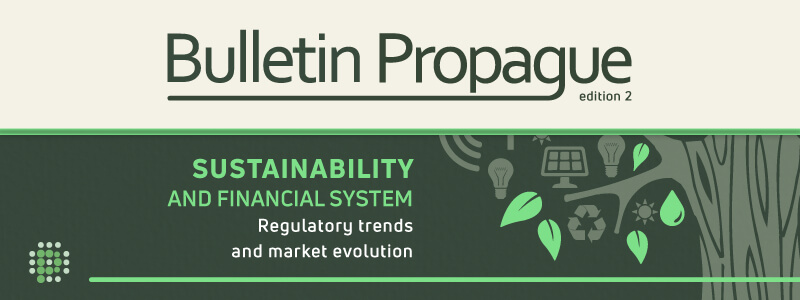In 2020, the Central Bank of Brazil (BCB) included a new pillar to their regulatory modernization agenda, called “Agenda BC#”: sustainability. The BCB’s movement follows the international trend, motivated by the identification that climate change is not only a source of social and environmental concern, but a risk to financial stability.
The sustainability agenda, however, is not only being imposed from above by the BCB. The market has already been adapting, and there has been exponential growth in sustainable credit operations in Brazil. It went from USD 549 million in all of 2015 to USD 9.5 billion in the first half of 2021 alone.
In the second edition of Bulletin Propague – a periodic report that monitors and analyzes financial market’s regulatory trends – we look at the regulatory agendas for sustainability and the evolution of the sustainable finance market in order to provide an overview of trends for Brazil.
We highlight the increase in mandatory ESG disclosure reports in the short-term, the development of new stress testing methodologies that may affect financial institutions funding strategies in the medium-term, and a possible shift in the profile of sustainable debt instruments favoring Sustainability-Linked Loans over Green Bonds.
We conclude that, taking regulatory trends, market growth and the need to finance the transition to a clean economy together, sustainable finance practices are compatible with financial returns and may represent market opportunities beyond the social returns generated by climate change mitigation action.
Check out more details and download the Propague’s Bulletin for free!



